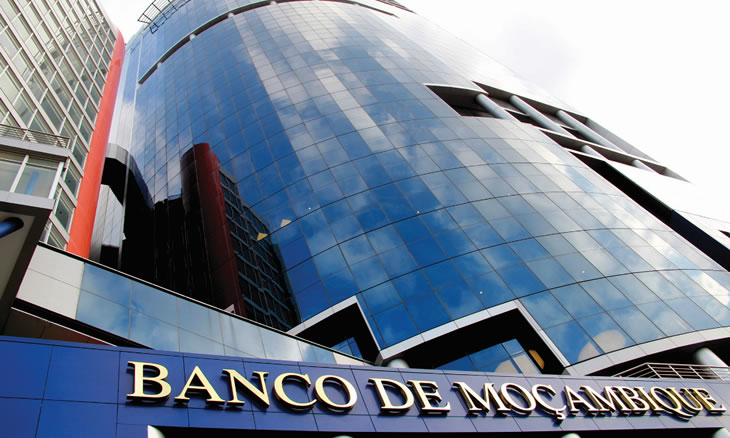Mozambique: Waiving Social Security fines "is a sensible measure" - Kekobad Patel
Mozambique: Central bank trying to raise foreign currency supply to aid business

File photo: O País
The Bank of Mozambique is adopting measures to increase the availability of foreign currency, at a time when the country is struggling with limitations that are already affecting supply chains, such as fuel.
In information that Lusa had access to today, the central bank, as the foreign exchange authority, states that it approved “regulatory instruments” in early April to “provide greater flexibility in the management of foreign exchange by intermediary banks, in view of the current socio-economic situation”.
One of the approved notices “increases, from the current 30% to 50%, the conversion rate resulting from revenues from the export of goods, services and income from investments abroad”, a regime that “will be in force for a period of 18 months”.
Another of the notices involves the “regime for repatriation and conversion of revenues from the re-export of petroleum products”, in which banks “will fully convert revenues from the re-export of petroleum products”.
Additionally, the Bank of Mozambique, in this case as supervisor of credit institutions and financial companies, approved a notice establishing an “exceptional regime” in the percentages “of minimum regulatory provisions on overdue credit, to be in force for a period of 12 months”.
“This measure will promote the expansion of the banks’ capacity to grant credit,” the central bank points out.
These measures come at a time when businesspeople from various sectors, particularly the food sector, have warned of the lack of foreign currency in banks to guarantee import needs.
At the same time, gas stations across the country have reported disruptions in the supply of gasoline and diesel, due to difficulties in the import process. The city of Maputo has seen queues for fuel in recent days, with some filling stations running out of gasoline.
Despite these decisions, the governor of the Bank of Mozambique, Rogério Zandamela, stated on March 26 that liquidity in the financial system, particularly in foreign currency, was sufficient, following the reduction of coefficients decided in January, which he does not expect to repeat for now.
“At this moment we are comfortable with the level of liquidity that exists in the system. There is no need to touch the structural liquidity, by messing with the mandatory reserves. We will maintain them. It is not something to play with, with the coefficients,” the governor told journalists at the end of the Monetary Policy Committee (CPMO) meeting.
On January 27, the CPMO decided to further reduce the MIMO monetary policy interest rate, from the 12.75% in force since the end of November to 12.25%, also cutting the coefficients of mandatory reserves in national currency, from 39.0% to 29.0%, and in foreign currency, from 39.50% to 29.50%, to provide “more liquidity to support the economy in restoring its productive capacity and the supply of goods and services”.
At that meeting, the CPMO cut the interest rate again, now to 11.75%, but kept the mandatory coefficients unchanged, with Rogério Zandamela justifying that the measure adopted at the previous meeting “freed up a lot of liquidity”.
“Just to give an idea of the order, all of this together, in meticais alone, we are talking about at least 55 billion meticais [€798.2 million], and almost US$250 million [€231.8 million] in terms of foreign currency, which was released for the normal functioning of the economy,” he pointed out.
Given the lack of foreign currency in the domestic market, Mozambican businesspeople have insisted in recent months on the need for the central bank to ease the mandatory reserve coefficients in foreign currency.
Lusa reported in March that mandatory reserves held by Mozambican banks reached an all-time high of 307.847 billion meticais (€4.441 billion) in December, up 15% in one year, according to data from the central bank.
According to statistical reports from the Bank of Mozambique – which has since eased restrictive measures on these reserves – the volume of these mandatory deposits made by banks has broken consecutive monthly records over the last year and a half.












Leave a Reply
Be the First to Comment!
You must be logged in to post a comment.
You must be logged in to post a comment.